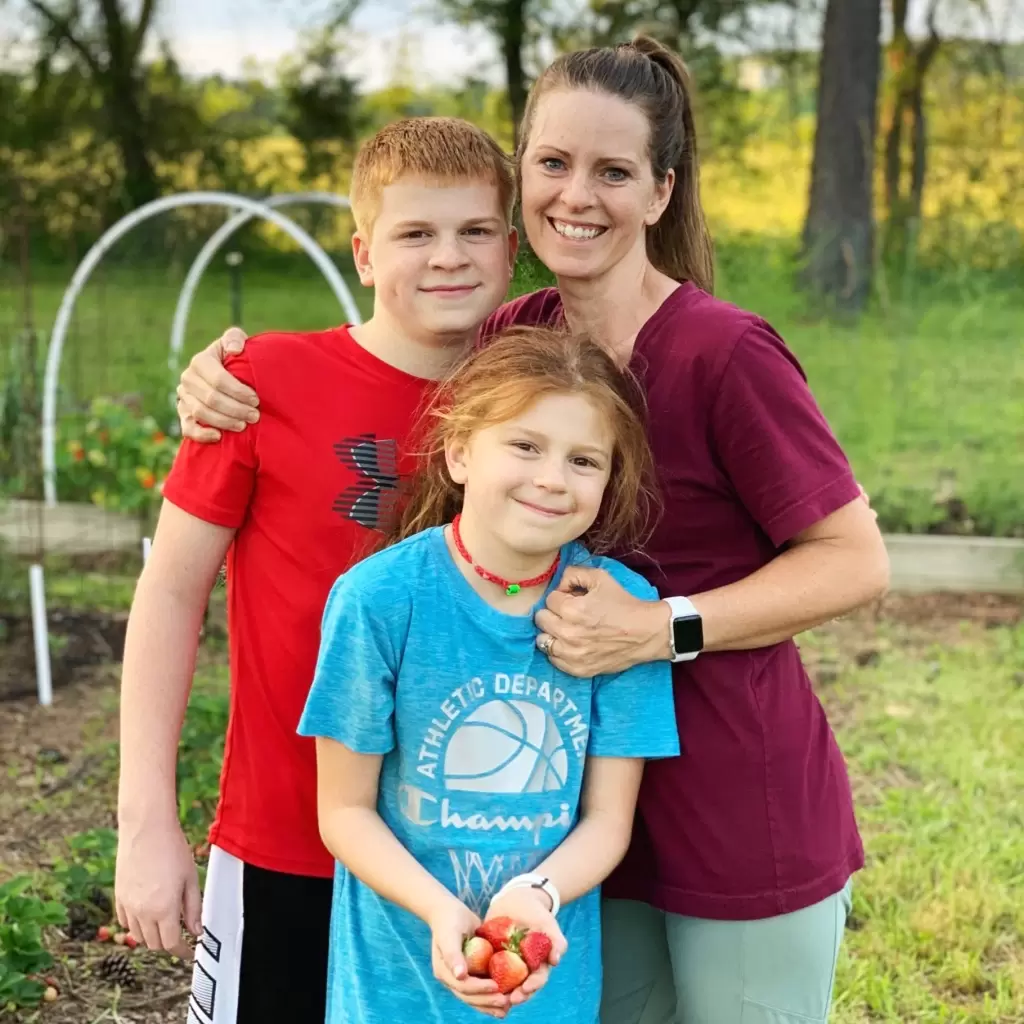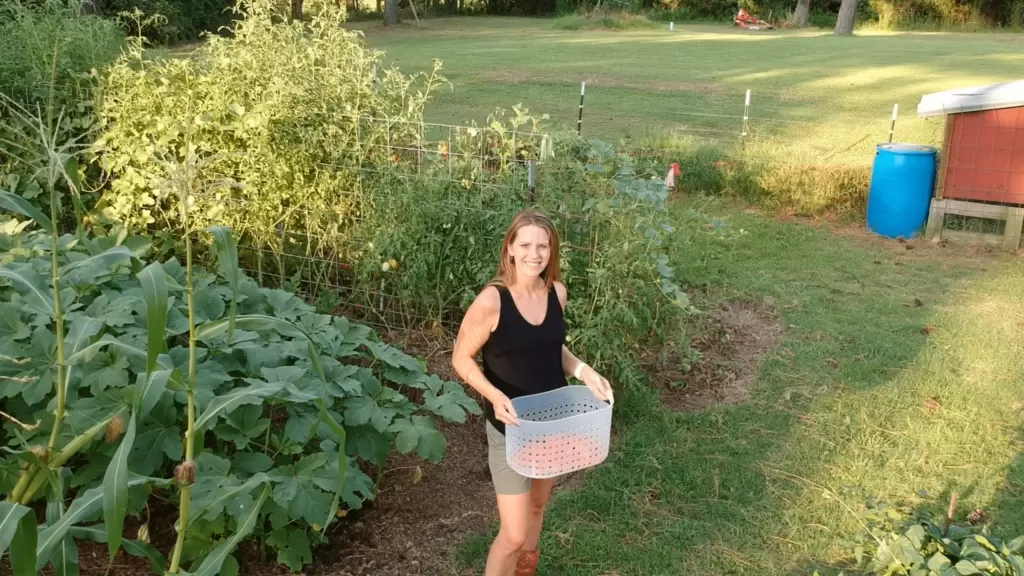Mindful Farming and
Backyard Gardening
Process Theology Embodied
Process theology is a multi-faith orientation toward life now being practiced around the world by people of different faiths and by spiritually independents, unaffiliated with any particular faith. It is not a separate religion but an outlook on life and way of living in the world that can inform any religion. Take a look at the slideshow at the bottom of this page and you will see the kinds of transformations that are important to most in the process movement.
One of them is the transition from a human-centered world to an eco-centered world. An eco-centered world is not anti-human, it does not focus on "the environment" as one dimension of reality, as distinct from the "the human" as another. Instead, it sees human life as within, not apart from, the more than human world. And it sees our need today as learning to live with respect and care for one another and for the larger community of life of which we are a part. This larger community of life includes the soil and the plants that emerge from it. The soil and plants are our neighbors, creatures among creatures in the larger web of life, The very idea that human beings and the natural world are two different realities, sharply separated from one another, is what process the Cobb Institute rejects.
Another of the fourteen transformations is the transition from a life-denying spirituality to a life-affirming spirituality. A life-affirming spirituality focuses on finding something "spiritual" in rich connections with one another (compassion and justice, forgiveness and kindness, listening and love) and rich connections with more than human forms of life, with the natural world. It finds God or the Sacred in healthy relations among humans and healthy relations with plants, animals, and the earth. The practice of a life-enriching spirituality is not only for personal enrichment. It helps effect the shift from a human-centered world to an eco-centered world and to what process theologians call ecological civilizations.
Ecological civilizations are eco-human cultures in which people live with respect and care for one another the larger community of life. The fundamental units are communities that are creative, compassionate, inclusive, diverse, good for animals and good for the Earth, with no one left behind. They are communities in which people practice the arts ecological civilization in local settings.
There are many ways to practice ecological civilization: through local business, or local art, or local volunteering, or local education. One very important practice is mindful farming and backyard gardening: farming and gardening that are mindful of our place within the larger community of life, seeking to nurture the whole of life, human life much included. Who is doing this? There are many people around the world, I introduce you to two of them.
Meet Sean and Melanie Pessara, mindful farmers in Arkansas. USA. Watch their videos and read their mission statement; you will see that what they are about. They are seeking to help bring about ecological civilizations.
Sean and Melanie are Christians who connect their practice with their faith. They see their work as helping to bring about what Jesus called "the kingdom of God on eartth as it is in heaven." However, it is important to remember that mindful farming and gardening can be practiced by people of different faiths or those who are spiritual but not religious. The key is to cultivate a mindset of mindfulness and care for the environment and the larger community of life. As Christians themselves recognize, the spirit of healing and hope, the spirit of love, includes but is more than Christianity, Sean and Melanie are pioneers in the larger hope.
- Jay McDaniel
One of them is the transition from a human-centered world to an eco-centered world. An eco-centered world is not anti-human, it does not focus on "the environment" as one dimension of reality, as distinct from the "the human" as another. Instead, it sees human life as within, not apart from, the more than human world. And it sees our need today as learning to live with respect and care for one another and for the larger community of life of which we are a part. This larger community of life includes the soil and the plants that emerge from it. The soil and plants are our neighbors, creatures among creatures in the larger web of life, The very idea that human beings and the natural world are two different realities, sharply separated from one another, is what process the Cobb Institute rejects.
Another of the fourteen transformations is the transition from a life-denying spirituality to a life-affirming spirituality. A life-affirming spirituality focuses on finding something "spiritual" in rich connections with one another (compassion and justice, forgiveness and kindness, listening and love) and rich connections with more than human forms of life, with the natural world. It finds God or the Sacred in healthy relations among humans and healthy relations with plants, animals, and the earth. The practice of a life-enriching spirituality is not only for personal enrichment. It helps effect the shift from a human-centered world to an eco-centered world and to what process theologians call ecological civilizations.
Ecological civilizations are eco-human cultures in which people live with respect and care for one another the larger community of life. The fundamental units are communities that are creative, compassionate, inclusive, diverse, good for animals and good for the Earth, with no one left behind. They are communities in which people practice the arts ecological civilization in local settings.
There are many ways to practice ecological civilization: through local business, or local art, or local volunteering, or local education. One very important practice is mindful farming and backyard gardening: farming and gardening that are mindful of our place within the larger community of life, seeking to nurture the whole of life, human life much included. Who is doing this? There are many people around the world, I introduce you to two of them.
Meet Sean and Melanie Pessara, mindful farmers in Arkansas. USA. Watch their videos and read their mission statement; you will see that what they are about. They are seeking to help bring about ecological civilizations.
Sean and Melanie are Christians who connect their practice with their faith. They see their work as helping to bring about what Jesus called "the kingdom of God on eartth as it is in heaven." However, it is important to remember that mindful farming and gardening can be practiced by people of different faiths or those who are spiritual but not religious. The key is to cultivate a mindset of mindfulness and care for the environment and the larger community of life. As Christians themselves recognize, the spirit of healing and hope, the spirit of love, includes but is more than Christianity, Sean and Melanie are pioneers in the larger hope.
- Jay McDaniel


